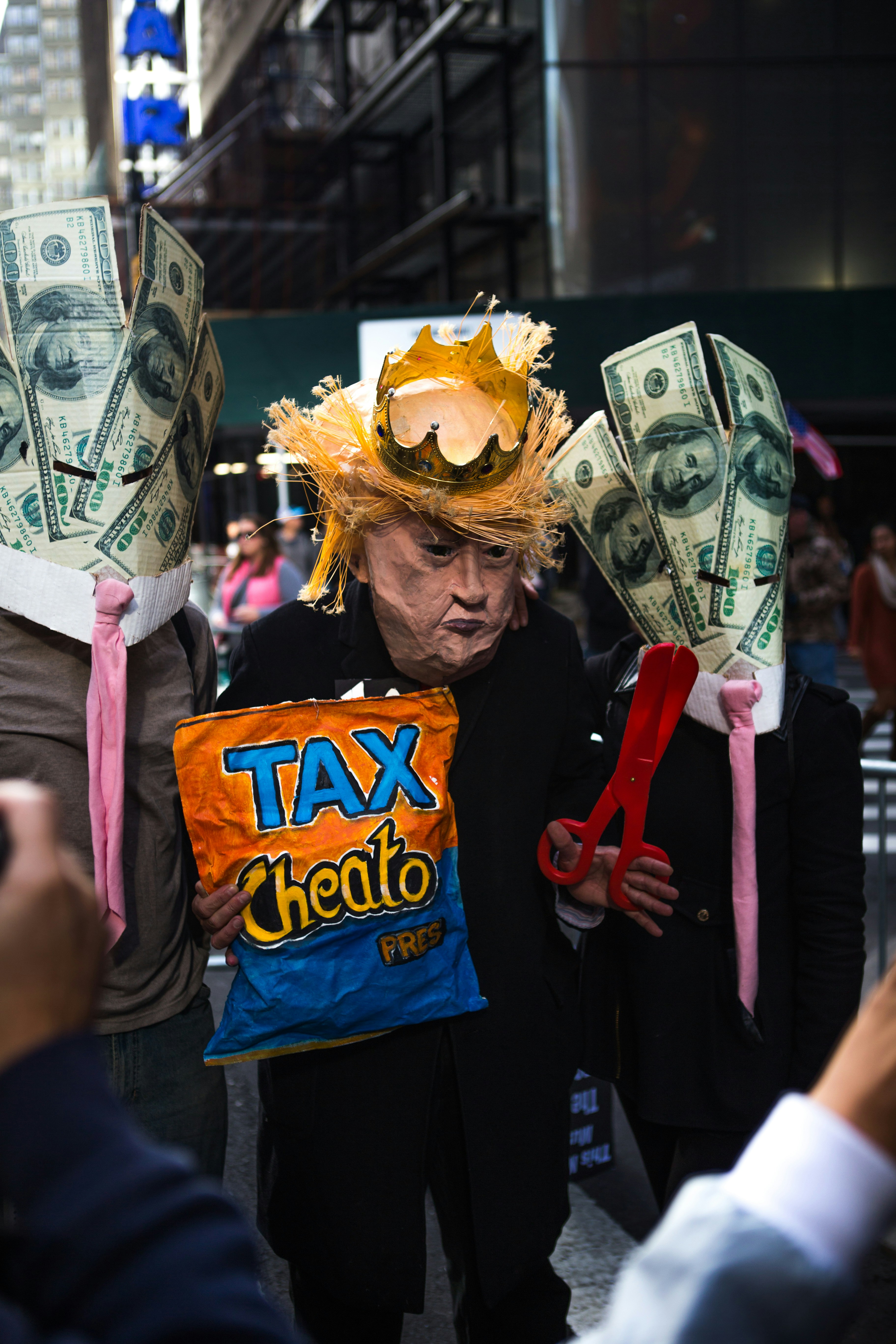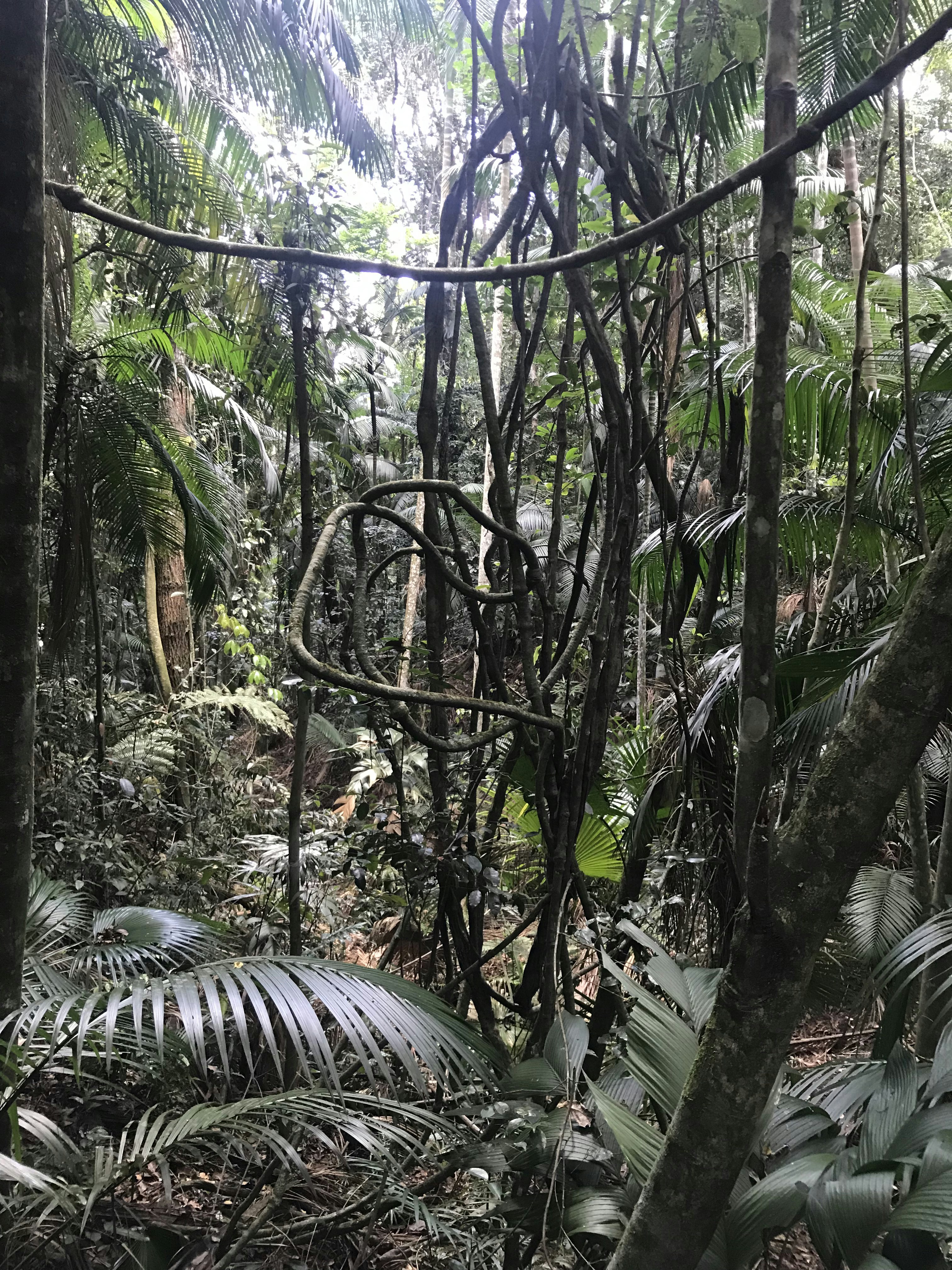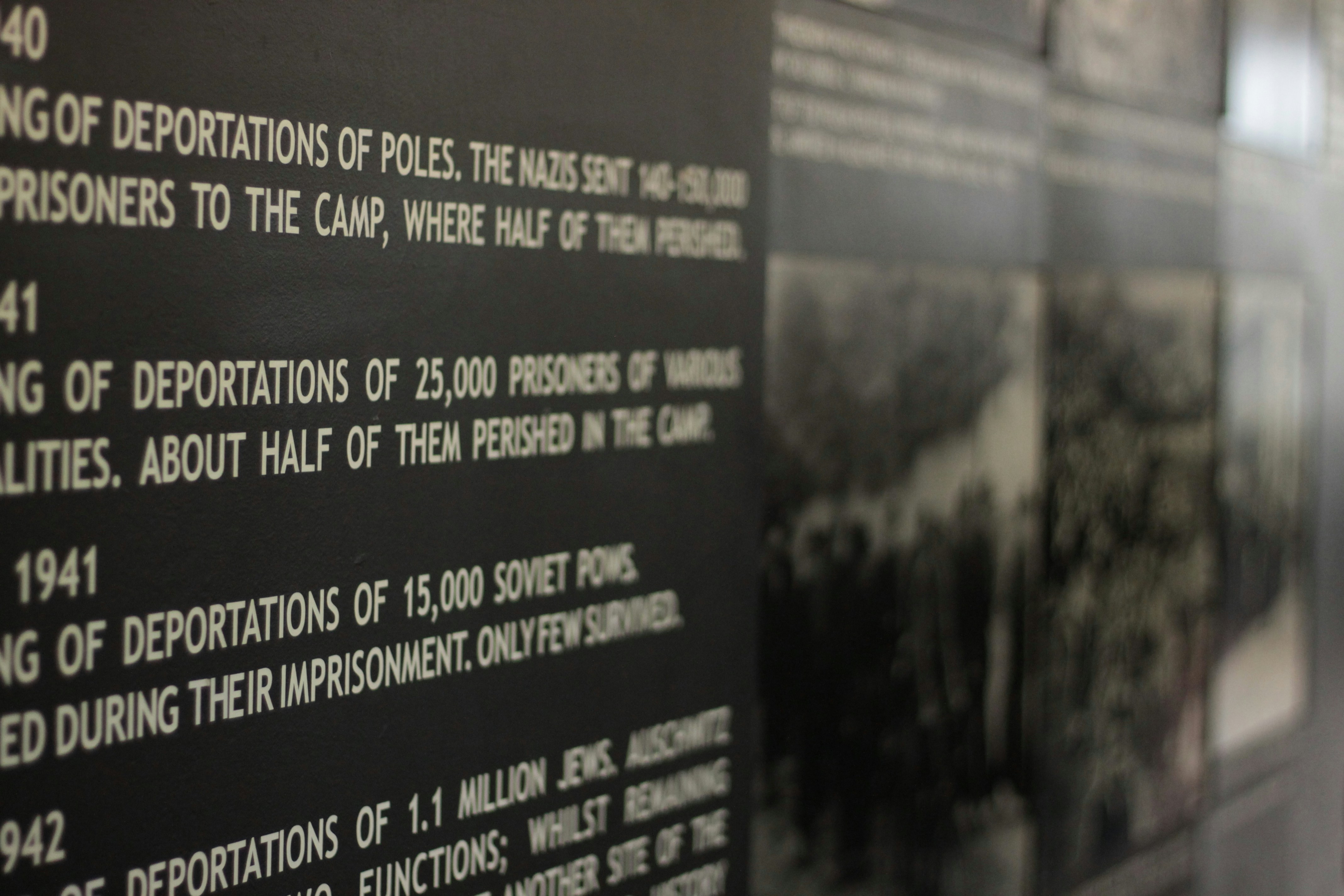The Background of Trump’s Nobel Peace Prize Nominations
Donald Trump, the 45th President of the United States, received several nominations for the Nobel Peace Prize during his tenure, which sparked significant discussion and debate in political and diplomatic circles. His nominations are largely attributed to several key events and initiatives that his administration pursued, aimed at fostering peace and stability in various global contexts. The most notable of these initiatives included the historic rapprochement with North Korea, moving the U.S. embassy in Israel to Jerusalem, and the Abraham Accords, which normalized relations between Israel and several Arab nations.
Trump’s approach to foreign policy was often characterized by an unorthodox style, which some supporters viewed as a bold method of breaking down long-standing barriers to peace. His highly publicized summits with North Korean leader Kim Jong-un were highlighted by proponents as critical steps towards denuclearization and reducing tensions on the Korean peninsula. Critics, however, often questioned the outcomes of these meetings and whether they yielded genuine progress.
Additionally, the negotiation of the Abraham Accords in 2020 was seen as a landmark achievement in Trump’s foreign policy legacy. This agreement facilitated diplomatic relations between Israel and nations like the United Arab Emirates and Bahrain, effectively altering the geopolitical landscape in the Middle East. Supporters argued that these agreements deserved international acknowledgment, thereby bolstering Trump’s nominations for the Nobel Peace Prize.
The political landscape surrounding these nominations was equally significant. Republican leaders and notable international figures publicly supported Trump’s bid for the accolade, citing these diplomatic breakthroughs. This environment contributed to a perception that his contributions were worthy of recognition by the Nobel Committee, igniting further discussions about the evaluation criteria for the prestigious award. The interplay of these events created both intrigue and controversy, framing Trump’s Nobel nominations within a broader narrative of global diplomacy.
María Corina Machado: A Champion for Democratic Rights
María Corina Machado, a prominent Venezuelan politician and social activist, has gained international recognition for her steadfast dedication to advocating for democracy and human rights amidst the turmoil that has engulfed Venezuela. Over the years, she has emerged as a crucial figure in the battle against the oppressive regime that has dominated her country, risking personal safety to promote the ideals of freedom and justice. Her efforts culminated in her nomination for the Nobel Peace Prize, a prestigious recognition that underscores her commitment to these fundamental values.
Machado’s political journey began in the early 2000s, when she co-founded the political party COPEI, aimed at revitalizing democratic processes and restoring constitutional order in Venezuela. As she gained prominence, her voice became increasingly influential in advocating for the rights of the Venezuelan people. Her campaigns have not only focused on political reform but have also highlighted the humanitarian crises occurring as a result of governmental mismanagement and corruption. This dual approach has allowed her to address the immediate needs of citizens while simultaneously challenging the entrenched power structures.
The significance of her Nobel Peace Prize win transcends national borders, as Machado has used the platform to convey a powerful message to the international community. During her acceptance speech, she dedicated the award to the Venezuelan people, asserting that their struggle for democracy deserves global attention and support. Notably, she extended her gratitude towards leaders such as Donald Trump for their support. Machado’s statement sparked discussions on the complexities of international relations and the pivotal role that foreign policy plays in supporting democratic movements worldwide. Her achievements not only reinforce the value of resilience in the face of adversity but also highlight the importance of global solidarity in the fight for human rights.
Reactions to the Nobel Committee’s Decision
The Nobel Committee’s decision to refrain from awarding the Peace Prize to former President Donald Trump in recent nominations elicited varied reactions, particularly from the White House. Communications Director Steven Cheung emphasized that the committee’s choice appeared to be more politically motivated than an assessment of genuine peace efforts. He articulated sentiments suggesting that the committee overlooked significant diplomatic strides made during Trump’s presidency, particularly in relation to the Middle East and North Korea.
Supporters of Trump were quick to voice their discontent, viewing the Nobel Committee’s decision as indicative of a broader bias against the former president. Many loyalists expressed the belief that the committee failed to recognize the unprecedented peace agreements achieved, labeling the omission a significant missed opportunity. Critics of the Nobel Committee argued that the decision reflected an entrenched political agenda rather than an objective evaluation of contributions to global peace.
Conversely, Trump’s critics applauded the Nobel Committee’s decision, interpreting it as a rejection of the former president’s controversial tenure. They argued that, rather than fostering lasting peace, Trump’s approach often instigated discord in various international arenas. This perspective maintains that the Nobel Committee acted to uphold the integrity of the Peace Prize by distancing it from figures deemed to have contributed to global instability.
The reactions from both sides of the political spectrum illuminate the complex relationship between Trump’s foreign policy initiatives and the Nobel Committee’s criteria for recognizing contributions to peace. As the discourse evolves, public perception of both Trump and the committee continues to shape discussions on what criteria ought to define the prestigious accolade. This decision consequently serves as a catalyst for deeper examination of the motivations and implications underpinning one of the most coveted awards in the world.
The Broader Implications of the Nobel Peace Prize Controversy
The Nobel Peace Prize has long been a prestigious accolade, often influencing diplomatic relations and framing global narratives surrounding peace and conflict resolution. The controversy involving President Trump and his high-profile nominations has reignited discussions on the role of such awards in international diplomacy, especially given the complexities of contemporary political landscapes. This year’s nominations, particularly those involving Trump, reflect a broader dichotomy between traditional peace-building efforts and modern political strategies, calling into question the motivations behind these recognitions.
The implications of this year’s Nobel Peace Prize nominations extend beyond individual accolades; they encapsulate the evolving nature of diplomacy in regions plagued by political unrest and conflict. For instance, the reception of Trump’s nominations, alongside figures such as Aline Machado, highlights the intersection of politics and peace initiatives. Critics argue that such nominations can dilute the essence of peace efforts, transforming awards into political tools rather than genuine acknowledgments of those advocating for global harmony.
Furthermore, the reactions to these nominations might set a precedent for future award considerations, potentially prioritizing political positioning over substantive contributions to peace. The intersection of politics and peace-building initiatives becomes increasingly relevant, as stakeholders within the international community reassess the criteria that guide recognition of peace efforts. As nations navigate the intricate web of global challenges, the implications of such awards will likely resonate, influencing future diplomatic engagements.
In conclusion, the ongoing discussion surrounding the Nobel Peace Prize nominations involving Trump and Machado will undoubtedly shape the discourse on international diplomacy. With heightened scrutiny on the motivations and impacts of these recognitions, the future of the Nobel Peace Prize may very well hinge on how it adapts to the complexities of modern political realities. The outcomes of these nominations could either reinforce or undermine the perceived integrity of the Peace Prize, highlighting the critical need for careful consideration in recognizing genuine peace-building efforts.
About TodayResearcher
At TodayResearcher, we bring you stories that matter. Covering everything from breaking news and world events to lifestyle, entertainment, science, and culture, our editorial team is dedicated to delivering accurate, insightful, and engaging content. We aim to keep readers informed, inspired, and curious about the world around them.



